July 2018 Audio Meditation
Here’s this month’s audio meditation on YouTube with video accompaniment:
Meditations, experiments, books and guided meditations to assist with nourishing spirituality, healing childhood wounds, and living more consciously.
Meditations, experiments, books and guided meditations to assist with nourishing spirituality, healing childhood wounds, and living more consciously.
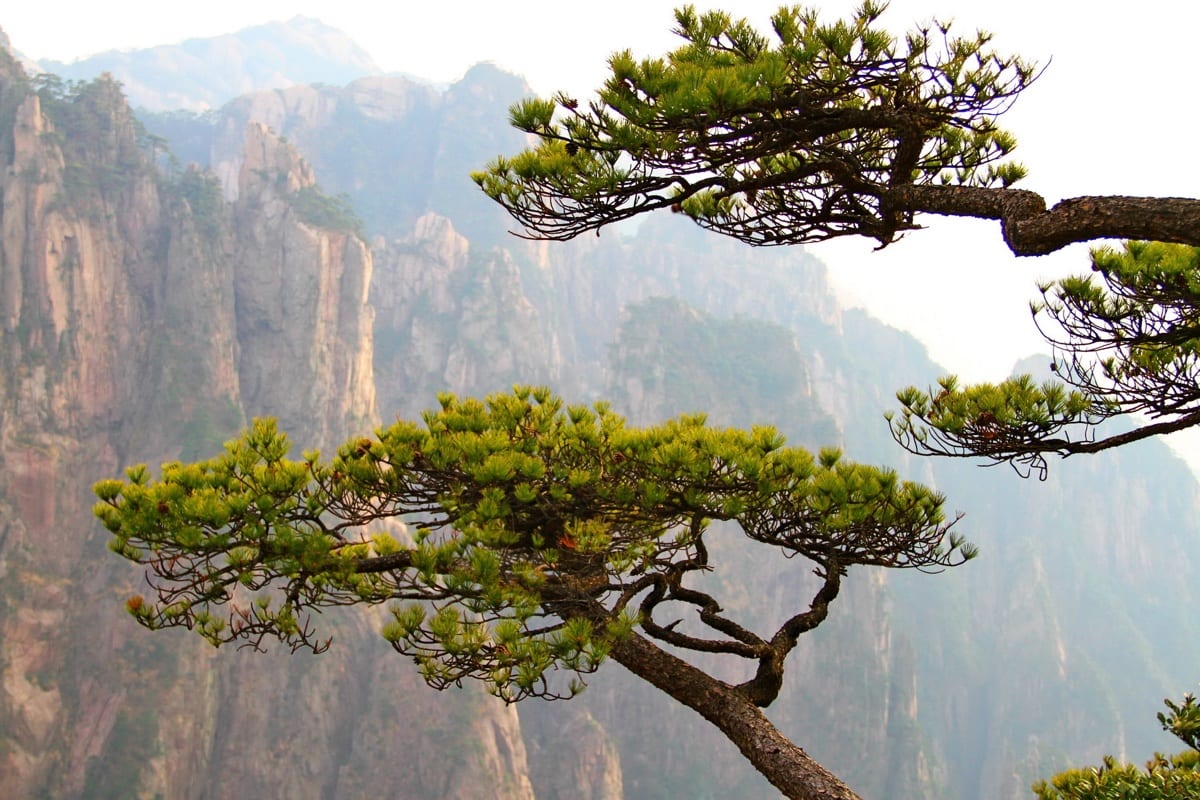
Here’s this month’s audio meditation on YouTube with video accompaniment:
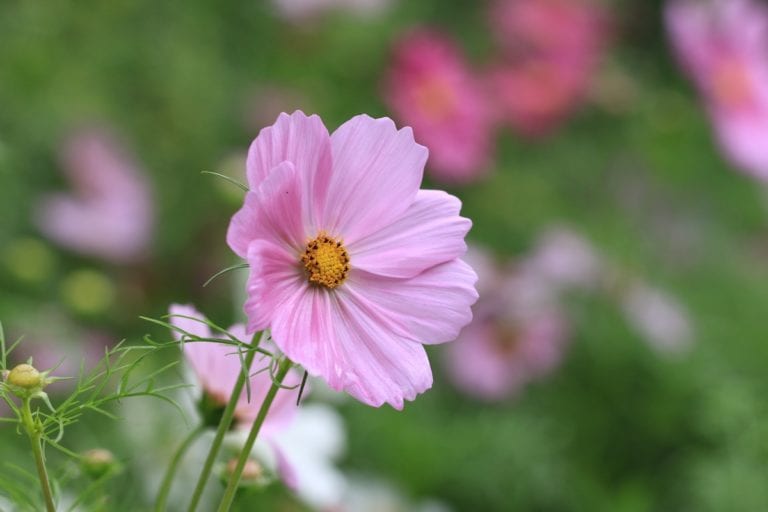
Sitting in Central Park on a quiet Sunday morning, I find myself wondering what to offer for this week’s practice. One of the things most of us need at this point are ways to settle ourselves, reliable ways to re-center in the presence of so many adaptations required in this world of both a pandemic and an essential confrontation with racial and economic inequities that have been accepted as normal for far too long.
As I’ve been doing lately, I’d like to offer some practices that might be of help during stressful times. As a collective, we face necessary demands for fundamental social change even as we adapt to learning to manage a pandemic we don’t yet fully understand, and these inescapable realities are sources of stress for most of us.
Drawing from my hypnosis background as well as Somatic Experiencing and EMDR, here are some practices I’ve found useful over the years:
Read More “800th Week: Some Approaches to Ease Stress”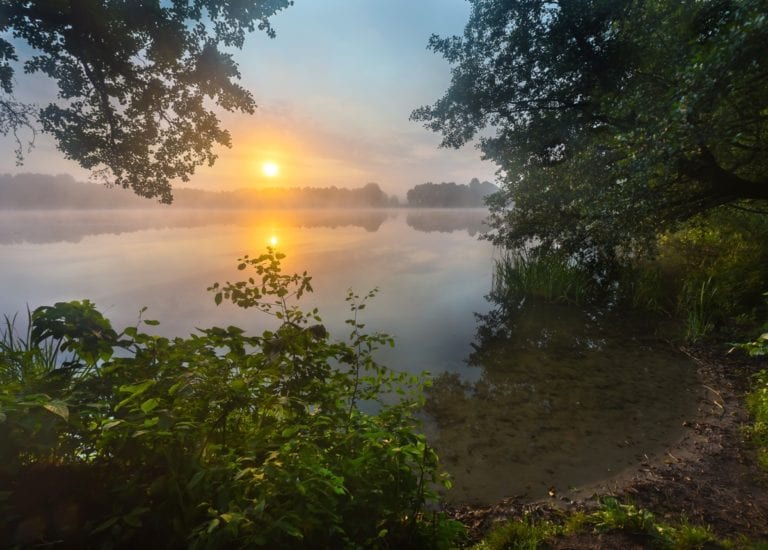
It’s a Sunday morning and, when I have time, I listen to On Being with Krista Tippett. It comes on at 7am on the East Coast and is an inspiring and nourishing way to begin the day. This morning, she interviewed neuroscientist Richard Davidson and they talked about a lot of things that have kept me thinking throughout the day.
One of the themes was neuroplasticity, the ways in which our brains change with new learning. Davidson talked about how our behavior around and with others changes their brains and that got me to thinking, yet again, how important it is to model kindness as we move through our daily lives. The implication from neuroplasticity is that if we are taking actions or speaking in ways that convey kindness, we are literally spreading that around as people’s brains spontaneously respond to our acts of kindness.
Read More “743rd Week: Neuroplasticity and Kindness”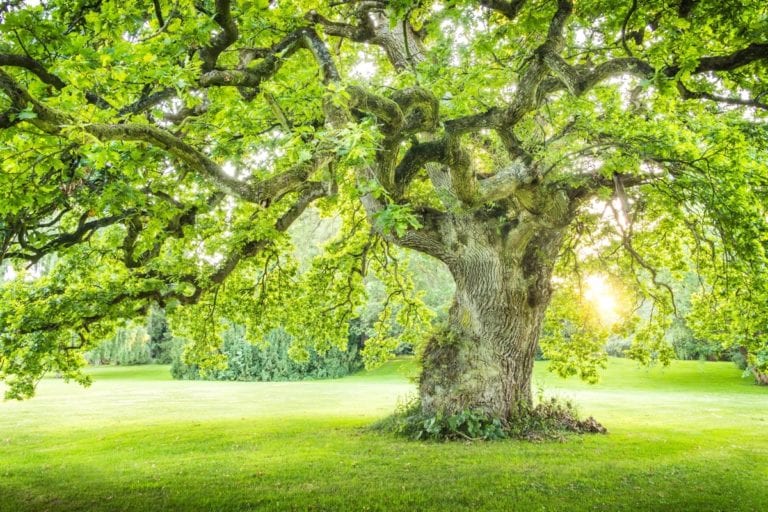
Here’s this month’s audio meditation on YouTube with visual accompaniment:
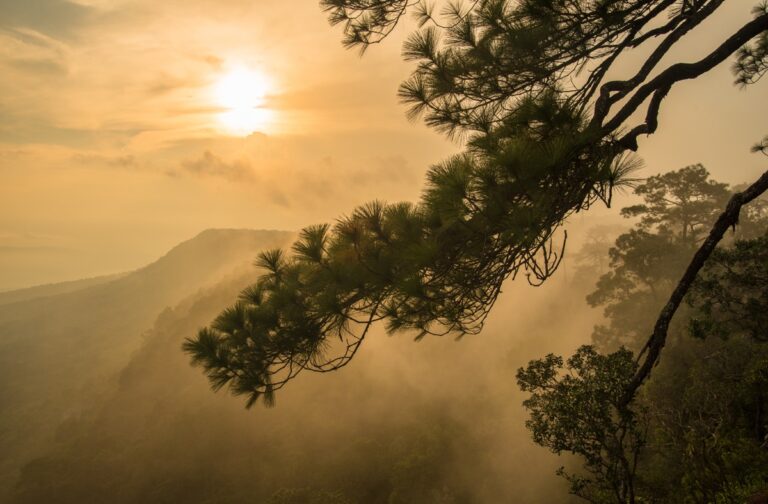
In this meditation, I invite you to offer radiating light and love to our precious planet and all life on it, holding the intention that the light and the love serve the greatest good for the greatest number. This includes every single life-form on the planet–all our earth-kin, and the planet itself. Remember that everything is light, energy, and qualified by the frequencies it embodies and those with which it resonates.
Here’s the audio version:
If you prefer nature photos with your meditation, here’s the YouTube version:
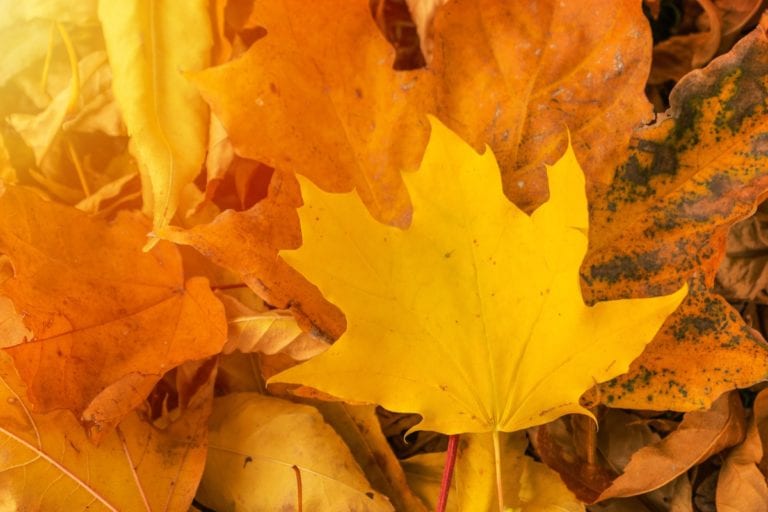
If you prefer a meditation with visual images, here’s the YouTube link to the October meditation:
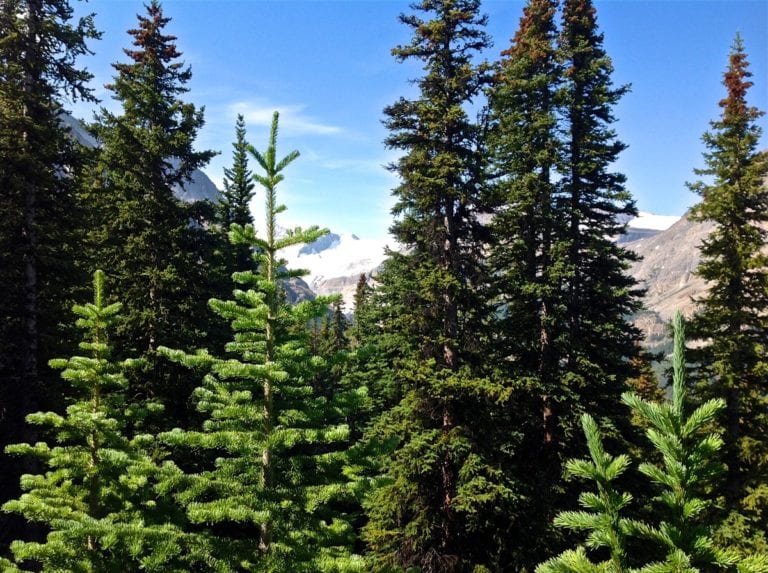
Over the course of the past year, it has disheartened me to see how many people on Facebook and in other social media contexts have become comfortable using language that is attacking rather than curious, inviting, clarifying, or compassionate. Not only are the words being used distressing through their intention to diminish or humiliate other people, but the anger inherent in these posts—anger that doesn’t suggest solutions or options—is decidedly jarring.
In my years of teaching about trauma resolution, I’ve drawn on something one of my dear friends and teachers taught me many years ago… Read More “694th Week: Practicing Mutual Empowerment”